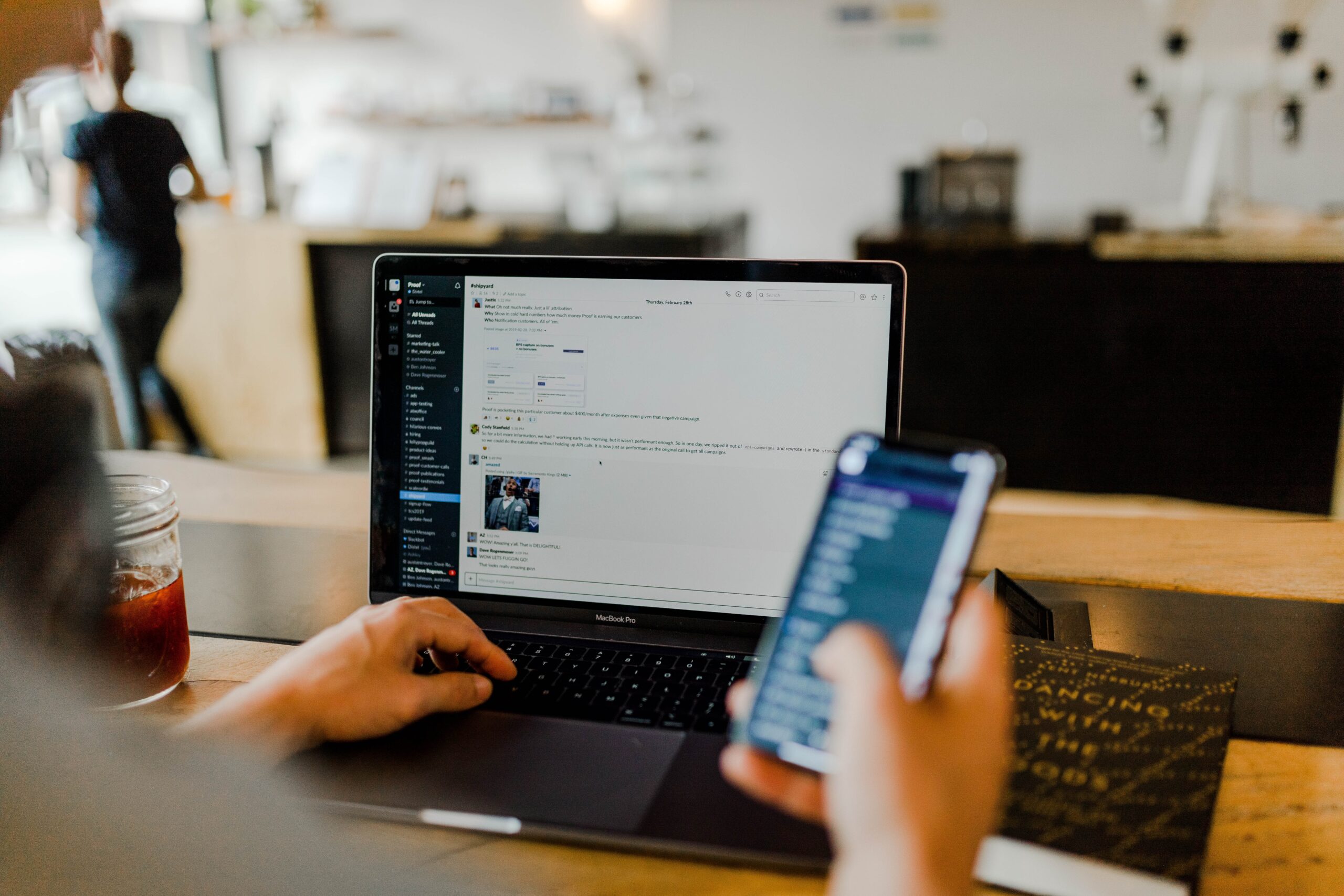Recruitment
Over the past few years, artificial intelligence (AI) has ignited change in a number of industries, altering the ways in which we perform daily tasks, complete our work, and even how we find work. AI and automation have revolutionized the processes and responsibilities of human resource departments and the value they can provide to the rest of the company. Let’s examine some of the benefits of integrating AI into HR departments as we learn to embrace and take advantage of this technology.
According to IBM’s 2017 survey of 6,000 executives, 66 percent of CEOs believe cognitive computing can drive significant value in HR. For this reason, major companies such as Oracle have integrated AI into various parts of their HCM suites, and as CEO Mark Hurd noted at the SuiteWorld 2018 conference, it’s already contributed to internal success. Hurd says, “If I asked our head of HR, ‘Would you like an AI application?’ I’m not sure what she’d say. But if I told her that I could help her do a better job of recruiting the 2,000 college kids we recruit every year, by knowing things like whether their GPA would do a better job predicting their future success at Oracle, or the school they went to or their major or any of these hundreds and hundreds of correlations… she’s going to buy that every single day.”
This kind of automated assistance is what makes AI in HR so appealing, starting with its emerging role in talent acquisition. Utilizing recruiter-defined parameters such as location, skill set, and industry, AI can deliver lists of potential candidates, predict their readiness for a move, develop and send communications, and map responses, relieving HR professionals of extra work and expediting candidate sourcing.
Additionally, as Johnny Taylor, CEO of the Society for Human Resources says, [AI] will help democratize, equalize, and significantly reduce hiring bias. AI’s capacity to remove bias in writing style, photographs, alumni, and other affiliations leads to better and more diverse shortlisting. All in all, the reduction in hiring time enabled by AI can provide a competitive edge in the fight for limited resources.
Training
Once you’ve selected your new employee(s), AI can provide further assistance in getting new hires up to speed. Employees are 58 percent more likely to remain with an organization after three years when they’ve gone through structured onboarding, so a fully-optimized process is critical. Leveraging AI to automate tasks that traditionally take hours allows HR personnel to focus their attention on engaging new employees.
AI-powered chatbots are a great tool for enhancing user experience and providing an interactive assistant for initial onboarding procedures. Outlining company-wide policies, setting up office accounts, and arranging meet-and-greets with team members can all be automated and assisted by AI. Deepak Bharadwaj, the VP of HR Business Unit at ServiceNow, predicts that chatbots in the workplace could reach adoption rates of as high as 75 percent by 2020, with employees accessing these bots to resolve frequently asked HR questions and access HR solutions anywhere at anytime.
Culture
AI has an effect on the overall company culture as well as the individual experiences of new employees. As responsibilities are re-prioritized, the methods in which workers accomplish tasks and collaborate with one another will also evolve. With routine and mundane tasks automated by AI, uniquely human attributes such as creativity and problem solving will allow employees to flourish in more productive sectors, further proving that AI will not eliminate jobs but alter the nature of them. As workloads and positions change in line with AI, performance metrics will shift as well. For HR, this means rearranging how employee performance is measured. Rather than assessing someone’s ability to complete routine assignments, an employee’s ability to create new business value through more creative and innovative behavior will be recognized.
Regardless of the connotation artificial intelligence may hold, AI is slowly but surely making the workplace more human-focused. With a stronger, more qualified team of mobile app developers in Toronto and the automation of historically tedious responsibilities, the implementation of AI is a win-win for all. As the technology advances and more organizations shift toward a more innovative mindset, the benefits of AI in HR will multiply.
-Maddie Davis
Maddie Davis is co-founder of Enlightened-Digital and a tech-obsessed female from the Big Apple. She lives by building and redesigning websites, running marathons, and reading anything and everything on the NYT Best Sellers list.
Thank you to Enlightened-Digital for this guest post.


